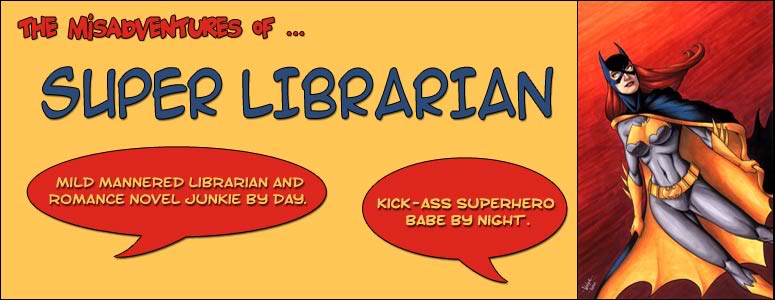Ever find yourself reading an enjoyable book, then the epilogue comes out of nowhere and bites you in the butt? That's what happened to me with We'll Never Tell by Kayla Perrin. This story was really good, until the final 8 pages.
Shandra James in one skanky ho. A pledge to the exclusive Alpha Sigma Pi sorority, Shandra is the type to steal a man just because she can. No one's boyfriend is safe, and her latest target is Henry Reid.
Henry is engaged to Phoebe. Phoebe is unthrilled with Shandra's latest project, and has warned off both the ho and Henry. Unfortunately, neither is listening and after a whole lotta drama - Phoebe decides that Shandra needs to be taught a lesson. Enlisting the help of her two best friends, Miranda and Camille, they plan a special initiation just for Shandra. Except, of course, the plan backfires and Shandra goes from skanky ho to corpse.
Now, Phoebe didn't kill Shandra, but given the initiation she planned she definitely has something to hide. So the three friends vow to "never tell" - which of course doesn't last too long. Soon it's all spiraling out of control and Phoebe is prime suspect number one.
I initially picked up this book because Perrin set it at my alma mater, the University at Buffalo. While the author takes some liberties for the sake of the story, she does a very nice job with the setting. It has a nice sense of place that I think even non-Buffaloians will enjoy.
The characters here are a bit tough, as they aren't always "likable." However, they are realistic, behaving like young women in their early 20s. That is to say, they don't always think and are a bit self-absorbed. Phoebe, like many women, is quick to blame the other woman for her relationship troubles, when what she should be doing is keeping Henry's Mr. Happy in a mason jar. Just saying. Phoebe's in lurve (or thinks she is) and believes Henry is The One. So, like many women, when that is threatened she doesn't stop to think "why," instead looking to knock-out the source of that threat.
Once Shandra disappears and turns up dead, the story really cooks and Perrin writes some great suspense. Phoebe becomes increasingly more paranoid, the cops get involved, and the university is breathing down her neck. The resolution is also really great, and the author provides several suspects (all with decent motives) to keep the reader guessing.
The next paragraph probably constitutes a spoiler - so you've been warned:
The problem comes in the epilogue. Before Shandra's death there was another murder on campus and another sorority sister was attacked. The author (or her editor) must have felt the need to address this outside of a "random nut job attacking young women" angle because she dashes off a "resolution." Unfortunately it doesn't work. It's not really resolved. Phoebe learns the truth, or what she suspects is the truth, but merely hopes the police "make the connection" and that she "certainly wasn't about to bring it up to them." Besides the fact that the victims to these crimes don't get any justice, you think Phoebe would have learned a little something about telling the truth to the authorities after the Shandra mess. Apparently not.
Granted, justice for victims does not always happen in real life - which is the main reason why (I think) mystery and suspense novels are so popular. There is a resolution. The bad guys get caught and get what they deserve. Perrin doesn't really do that here (although the main Shandra story is resolved). I'm not a writer, and I don't play one on TV, but I think I would have preferred Perrin to not introduce this angle at all. Completely write out the bit about the sorority sister getting attacked, and leave the earlier murder "unsolved." I suspect the author included this aspect to the story because in real life a student was murdered on campus in 1990, and the guy was never caught. I started college in 1993, and students on campus were still shaken up over it. I heard a lot about safety, being out alone, etc. during my freshman orientation. I think what would have been better is to leave that earlier murder "unsolved" and then include an author's note about the real life case. But what do I know? You can read more about Linda Yalem here.
Final Verdict: Without the epilogue this story is a solid B. The characters aren't always likable, but I found them believable, and the suspense is page-turning stuff. However, with the epilogue my opinion sinks all the way down to a C-. Harsh, but it really left a bad taste in my mouth.

1 comment:
It's horribly sad that Linda Yalem's killer has never been caught; but something else in that article caught my attention. Why, in this age of DNA and other forensic advances, is there still a statute of limitations on rape cases?
Glad your home escaped the fire.
Post a Comment